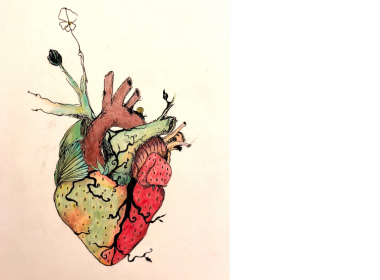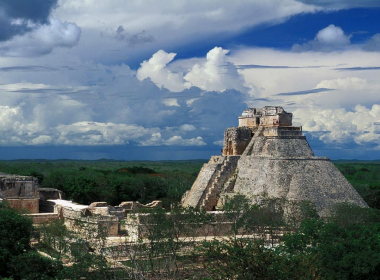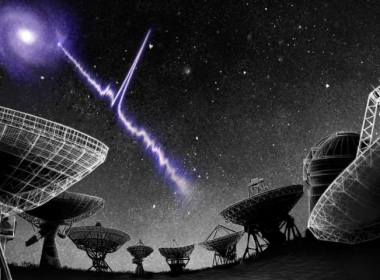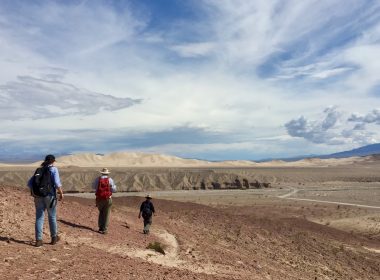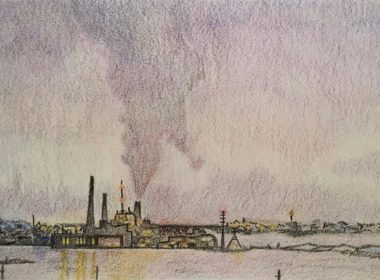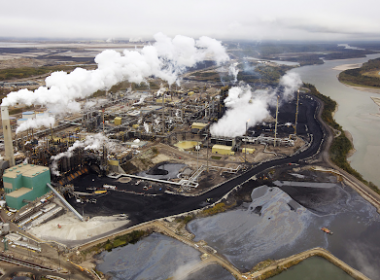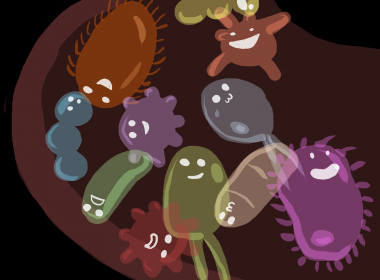After another record-breaking year for revenue and involvement in the industry, it is clear that video games are an increasingly large part of North American culture. Despite a wide acceptance of video games across all demographics, the majority of players are still children and young adults. Gaming’s young demographic is[Read More…]
Research Briefs
Patching holes in broken hearts
In the complex circulatory system of the human body, no artery is as vital as the aorta. This large vessel takes oxygen-rich blood from the chambers of the heart and delivers it to the brain, muscles, digestive system, and other sites of metabolism in the body. Aortic aneurysms, one of[Read More…]
The ubiquity of human song
From songs on the radio to birds chirping outside, humans are constantly surrounded by music. However, while making music appears to be a universal phenomenon, the vast diversity of music across different cultures also seems to point toward variation. Furthermore, human song’s global similarities have never been proven through research. [Read More…]
Soil carbon levels still recovering from Mayan deforestation
Approximately 4,000 years ago, in modern-day southern Mexico and Central America, the Mayan civilization arose and, in due time, spread. Over thousands of years, the Mayans developed a highly sophisticated urban society, numbering 19 million people at its peak. The Mayans built and thrived in dense, teeming metropolises, erecting giant[Read More…]
Learning about our universe through bright bursts of light
On Jan. 6, McGill astronomers tracked down one of the brightest known repeating signals in the universe to a specific part of a galaxy just seven light years wide. The signal, called a Fast Radio Burst (FRB), was first detected in part by the Canadian Hydrogen Intensity Mapping Experiment (CHIME)[Read More…]
Solving the mysteries of Earth’s Cryogenian ice age
Typically, one wouldn’t think to ask a geologist about the most pressing issues in evolutionary biology. Yet, for some biologists, rock formations and fossil records—which have only gained the attention of natural scientists in the last 50 years—provide a plentiful source of untapped information about the history of life on[Read More…]
Rapid urbanization is driving biodiversity decline
Humanity is currently experiencing an unprecedented era of urban growth. By 2030, more than 1.2 billion additional people are expected to live in cities, equivalent to building a city the size of New York every six weeks. A group of international scientists, including Andrew Gonzalez, a professor in the McGill[Read More…]
29th edition of Soup and Science
McGill professors presented their scientific research to crowds of students in the Redpath Museum at the 29th iteration of Soup and Science from Jan. 13–17. After snacking on complementary soup and sandwiches, writers from The McGill Tribune compiled highlights from the week. Nutrient cycling and ecosystem science Fiona Soper, assistant professor in[Read More…]
Weathering the storm of aerosol emissions
There has long been concern surrounding the environmental impacts of extracting oil from Alberta’s Athabasca oil sands, the world’s third largest oil reserve. According to a McGill-led study published in Environmental Pollution, contamination from the Athabasca oil sands is impacting the weather patterns of nearby regions. The study was led[Read More…]
The gut microbiome in disease and health
There are thousands of different bacterial species living inside our intestines. This environment, called the gut microbiome, provides the body with key vitamins and ensures a healthy immune system. The composition of the gut microbiome is key: Dysbiosis, a condition that occurs when ‘bad’ bacteria take over the gut, is[Read More…]

